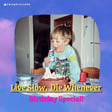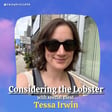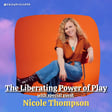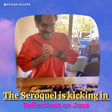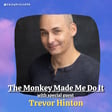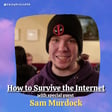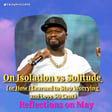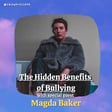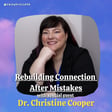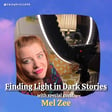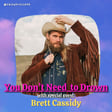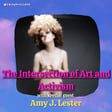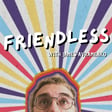
How Do Adults Make Friends?
In this very special episode of Friendless, host James Avramenko tackles the age-old question: How do adults make friends?
James shares his experiences at a speed dating event, where he delved into various fascinating topics like dietetics, bird watching, biology, and insectology, highlighting the joy of listening to people speak passionately about their interests. He emphasizes the importance of speaking confidently about one’s own passions without fearing judgment and stresses that if someone doesn’t appreciate what you love, they’re not meant to be your friend.
James provides practical strategies for making friends as an adult, including leveraging technology to find social groups based on shared interests, practicing conversational skills, and breaking down social anxiety into manageable steps.
He also touches on concepts from Dialectical Behaviour Therapy (DBT), a therapy designed to help manage chronic behaviours and emotional regulation. James underscores the importance of mindfulness, believing in one’s worthiness to make new connections, and the idea of the "Wise Mind"—a balance between reason and emotion.
The episode explores how to build confidence and the value of mindfulness techniques such as visualisation and breath-focused practices to stay present and manage dysregulation. James also tackles societal issues of loneliness, particularly among people under 40, and shares personal anecdotes and strategies for forming new connections in a new city.
Join James as he provides heartfelt advice, encourages self-responsibility, and promotes the significance of practicing DBT skills to foster meaningful adult friendships. Follow Friendless on Instagram and TikTok, and don't forget to give it a 5-star review and sign up for the Substack newsletter for exclusive content!
Sign up for the Friendless Substack HERE!
Read "Hey, sorry I missed you"
Support the show, Buy Me A Coffee!!
Create your podcast today! #madeonzencastr
